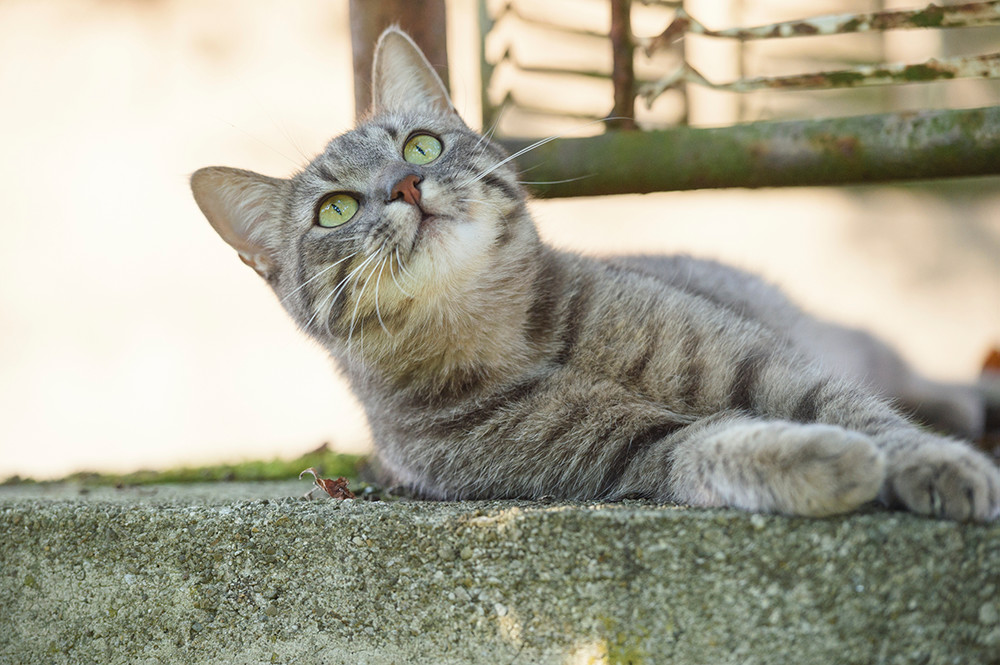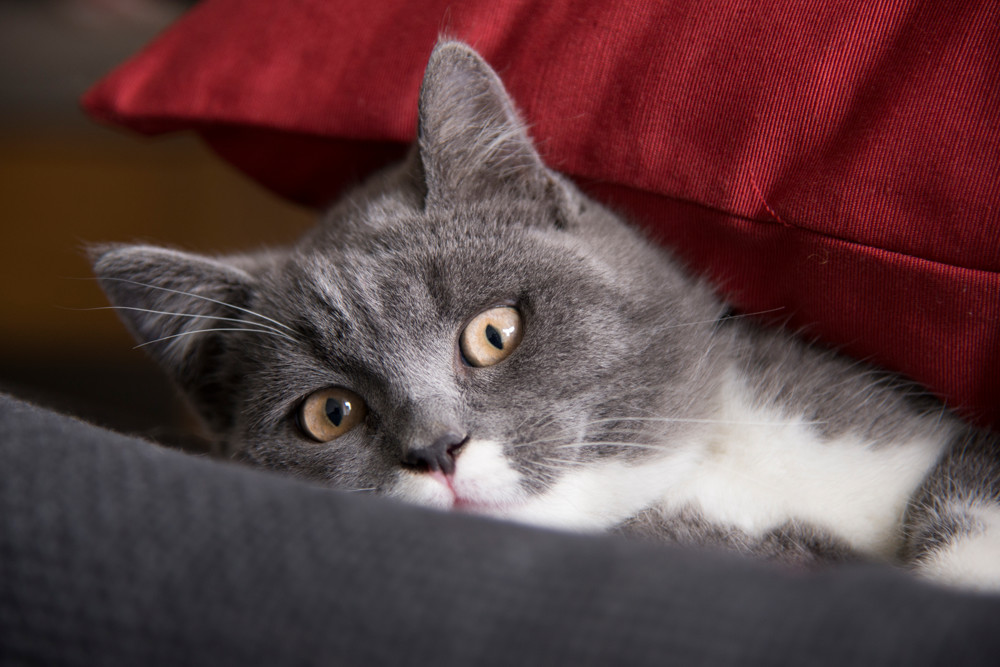Cat Clinic of Iowa City
Outdoor Cat Care from Cat Clinic of Iowa City
Taking care of an outdoor cat can be tough. Read this helpful guide to help you through caring for your outdoor furry friend.
Educational Care Guides
Make caring for your cat easy!
Outdoor Cat Care
Outdoor or indoor? Many cat owners are unsure whether they should let their cats roam free or keep them inside the house. There are benefits and drawbacks to both situations. Outdoor cats get more exercise, which makes them less likely to suffer from obesity and its accompanying health risks. However, cats who go outside are at greater risk for some diseases and medical conditions, as well as accidents and injuries from fights. Following is information to help you protect the cat that goes outside.
Viral Diseases:
Cats are very susceptible to upper respiratory infections, caused by many different viruses. Some are as simple as “kitty colds” but others can cause serious life-long problems.
Feline Viral Rhinotracheitis and Calicivirus are two such serious viruses. They both cause primarily sneezing, coughing and draining eyes, but can lead to pneumonia. These diseases also tend to “hang on” in the cat’s system, hiding, waiting for the cats immune system to weaken so that they can recur. Prevention: Vaccinate yearly.
Panleukopenia in cats is more commonly known as “distemper” but is actually a parvovirus. This virus is one of the more serious we see. Panleukopenia causes severe vomiting and diarrhea and can be fatal if left untreated. Prevention: Vaccinate yearly.

Most everyone has heard of rabies and knows it is usually fatal. However, many people are unaware that if a household pet is suspected of rabies, everyone in the house must have a series of very expensive post exposure shots. Prevention: Vaccinate as directed.
Feline Leukemia is caused by a very clever little virus that attacks your cat in 2 ways: 1) It prevents the immune system from functioning properly so that your cat cannot fight off even simple diseases, and 2) It can cause cancer. This disease can lay dormant for quite a while in your cat’s system before emerging to cause full blown disease, however in the meantime, your cat will be exposing other cats to this fatal disease. Prevention: Vaccinate annually.
Parasites
One of the most frustrating parasites to deal with is the flea. Fleas are spread when your cat is in a location that has flea eggs or larvae, even if your cat never sees another animal. Treatment for your cat must be 3 consecutive months. Treatment for your home requires aggressively cleaning all areas of your home and treatment for the environment (your home and yard) must last 4-6 months. Prevention: Apply Revolution, Frontline or Advantage once monthly May through November. (See the Fleas and You! Article for more information.)
Earmites are another frustrating parasite that sets up residence within your cat’s ears causing irritation, excessive wax, and debris buildup. Earmites themselves are easily treated but the debris and wax that is left behind can be very difficult to get rid of and can lead to secondary bacterial infections. Prevention: Use Revolution monthly if your cat is exposed or potentially exposed to other cats.
Heartworm disease is not a common disease among cats in our area, but if your cat is infected it is a devastating disease. Heartworm is spread by mosquitoes and causes congestive heart failure and thromboembolisms that are fatal. Heartworm is extremely difficult and expensive to diagnose and treatment can be fatal. Prevention: Apply Revolution or give Feline Heartgard once a month June through November.

Intestinal parasites and worms can have serious human consequences as many can be passed onto humans causing many problems, including diarrhea and blindness. There are many different types of parasites and worms and are spread in different ways and consequently are treated with different medications. Intestinal worms can be spread through fecal-oral, fleas, and rodents. Parasites area most commonly spread fecal-oral. Intestinal worms and parasites either feed off your cat or steal nutrients your cat eats. They can cause vomiting, diarrhea, poor hair coat and anemia. Prevention: Apply Revoultion once monthly May through November and possible Droncit pills once every 1-3 months.
Identification
Though cats are very clever animals, they can get lost. Identification can help to safely return your cat to you. Tags come in all shapes and sizes and the safest collar to use is a “break away” collar that will come apart if it catches on something. But what happens then?
Microchips are a good safety plan. Microchips are implanted beneath the skin in between the shoulder blades and give your cat a permanent personal ID number. This number can be read at veterinary clinics and shelters with special scanners.
All pets in Iowa City are required to be licensed. Licenses can be obtained through Animal Services and Licensing and Adoption Center (356-5295) with a current rabies certificate (tags alone are not accepted).
Final Thoughts
Outdoor cats are at greater risk of many different problems simply because they have more exposure to them. Not every problem can be prevented. Accidents, viruses and other situations can be risky business to your cat’s health. But by being armed with knowledge and preventative care you can decrease the risks of the Big Outside.
